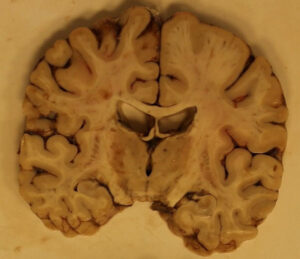Uncovering Risks for Severe AKI in COVID-19 Patients
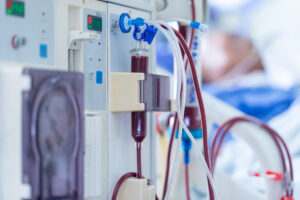
Infection with SARS-CoV-2 can affect any organ system in the body, and acute kidney injury (AKI) is common in people with more severe cases of COVID-19. Researchers at Brigham and Women’s Hospital recently led a study that looked at critically ill patients with COVID-19 and identified both patient- and hospital-level risk factors for development of AKI treated with dialysis.

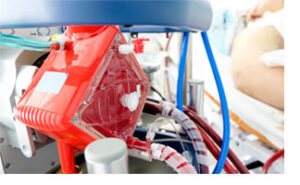



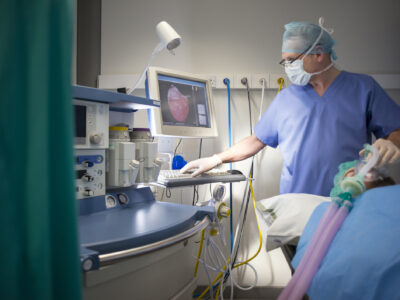

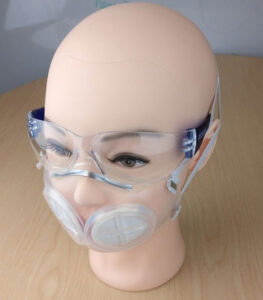 The Injection Molded Autoclavable, Scalable, Comfortable (iMASC) system developed by bioengineers and clinicians at Brigham and Women’s Hospital.
The Injection Molded Autoclavable, Scalable, Comfortable (iMASC) system developed by bioengineers and clinicians at Brigham and Women’s Hospital.